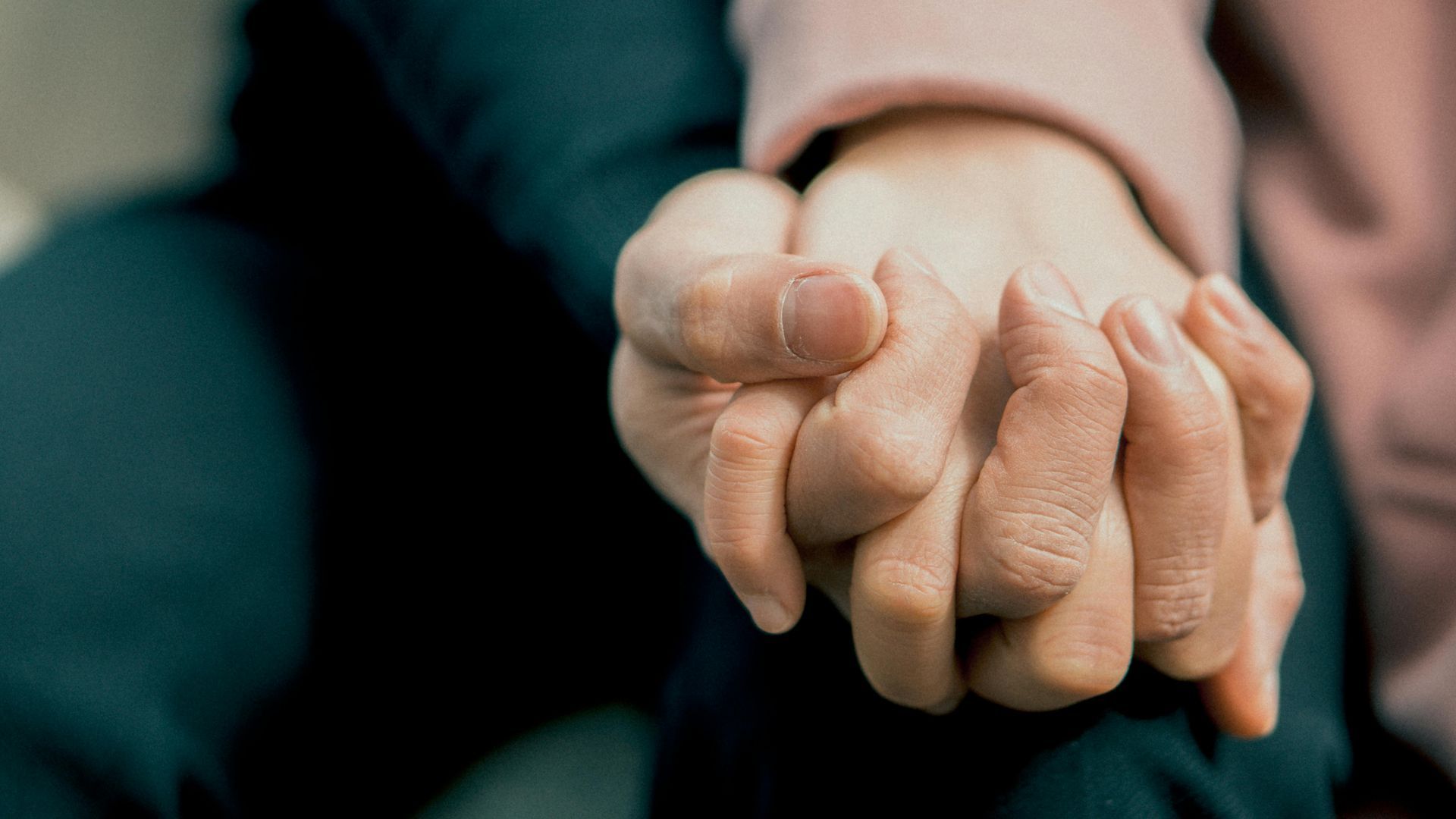How TBI Victims Can Better Manage Their Symptoms
Individuals with Traumatic Brain Injury (TBI) may experience a wide range of symptoms that can impact their daily life. While recovery from TBI can be a long and challenging process, there are some strategies that TBI victims can use to better manage their symptoms and improve their overall quality of life. Some strategies include:
- Get restful sleep: TBI can impact a person’s ability to sleep well. Establishing a regular sleep schedule and avoiding stimulants such as caffeine or electronic devices before bedtime can help improve the quality of sleep.
- Engage in regular physical activity: Regular exercise can help improve physical and cognitive function, reduce stress and anxiety, and promote overall well-being. Consult with a healthcare provider for guidance on safe and appropriate exercise routines.
- Manage stress: TBI can cause emotional symptoms such as anxiety, depression, and irritability. Strategies such as mindfulness meditation, deep breathing exercises, or talking with a mental health professional can help manage stress.
- Use memory aids: TBI can impact a person’s ability to remember things. Using memory aids such as calendars, reminder apps, or notes can help improve memory and organization.
- Eat a healthy diet: Eating a balanced diet with plenty of fruits, vegetables, lean proteins, and whole grains can help improve overall health and cognitive function.
- Stay socially engaged: Social isolation can contribute to depression and anxiety. Staying socially engaged with family, friends, or community groups can provide social support and a sense of belonging.
It’s important to note that every TBI victim’s recovery journey is unique. It’s essential to work with a healthcare provider and a support team to develop an individualized plan for managing symptoms and improving overall quality of life.
Family members of individuals with Traumatic Brain Injury (TBI) play a crucial role in supporting their loved one’s recovery and minimizing the impacts of TBI symptoms. Here are some ways that family members can help:
- Educate themselves about TBI: Understanding the symptoms and challenges associated with TBI can help family members provide better support and advocate for their loved one’s needs.
- Communicate effectively: TBI can impact communication skills. Family members can use simple language, be patient, and give the person time to process information. They can also ask for clarification or repeat information as needed.
- Provide a structured routine: Establishing a predictable routine can help individuals with TBI feel more secure and reduce anxiety.
- Help with organization: TBI can impact a person’s ability to stay organized. Family members can help by creating a system for managing appointments, medications, and daily tasks.
- Encourage and support participation in therapy: Rehabilitation and therapy can be an essential part of TBI recovery. Family members can provide encouragement and support for attending therapy sessions and practicing therapeutic exercises at home.
- Provide emotional support: TBI can be a challenging experience for both the person with TBI and their family members. Providing emotional support, listening, and expressing empathy can help reduce stress and anxiety.
It’s important for family members to take care of themselves as well. Caring for a loved one with TBI can be demanding and stressful, so it’s important for family members to seek support from friends, family, or mental health professionals when needed.













